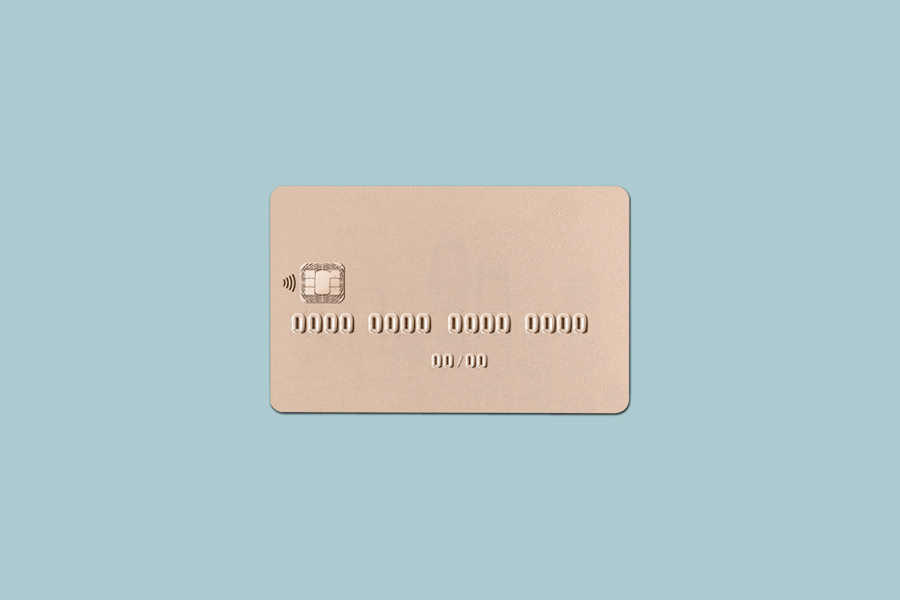Business credit cards can offer significant advantages for new businesses. In addition to establishing an account separate from your personal finances, a business credit card can help fund those smaller purchases that you don’t need covered by a small business loan.
Interest rates will vary depending on the bank you choose, but applying for a business credit card is a similar process no matter where you go.
Step 1: Check your personal credit rating
A bank or credit union will likely evaluate your credit card application based on your current finances, especially if you are a new business and a sole proprietorship. A credit score of 700 or higher is typically considered for a business card, so if you fall below this score it’s helpful to include additional collateral or a co-signer with your application. Interest rates on the credit card will also vary based on your score.
Step 1: Check your personal credit rating
A bank or credit union will likely evaluate your credit card application based on your current finances, especially if you are a new business and a sole proprietorship. A credit score of 700 or higher is typically considered for a business card, so if you fall below this score it’s helpful to include additional collateral or a co-signer with your application. Interest rates on the credit card will also vary based on your score.
Image source: CreditKarma
Step 2: Register Your Business with Your State
Once you register your business, you will receive credit card applications from different lenders in your state. This is a good way to start researching the best banks and credit opportunities for your business account.
3. Fill Out Business Card Applications
Once you’ve chosen the reputable banks or lenders, complete your credit card applications with as much information about your business and personal finances as possible. You should also include your Employer Identification Number (EIN) as well as identify your business structure--sole proprietorship, partnership, or corporation.
Add your household income information in place of your business income if you are a new business--the creditor's approval will depend on your personal income. Include information about the industry your business is in and the number of years you've been working in the industry.
4. Submit Your Application
Depending on the bank or creditor, you may have to submit supplemental information with your application. Turnaround times for approval can vary based on location, but it typically takes 2-3 weeks for a response.
Once your business credit card has been approved, you can request additional cards for co-founders and employees. As a new business, this credit card can help streamline your finances and provide additional capital for startup costs.
Step 2: Register Your Business with Your State
Once you register your business, you will receive credit card applications from different lenders in your state. This is a good way to start researching the best banks and credit opportunities for your business account.
3. Fill Out Business Card Applications
Once you’ve chosen the reputable banks or lenders, complete your credit card applications with as much information about your business and personal finances as possible. You should also include your Employer Identification Number (EIN) as well as identify your business structure--sole proprietorship, partnership, or corporation.
Add your household income information in place of your business income if you are a new business--the creditor's approval will depend on your personal income. Include information about the industry your business is in and the number of years you've been working in the industry.
4. Submit Your Application
Depending on the bank or creditor, you may have to submit supplemental information with your application. Turnaround times for approval can vary based on location, but it typically takes 2-3 weeks for a response.
Once your business credit card has been approved, you can request additional cards for co-founders and employees. As a new business, this credit card can help streamline your finances and provide additional capital for startup costs.
 Kelly AyresKelly is a freelance SEO consultant based out of Washington D.C. She has worked for Philadelphia marketing agencies and writes for several lifestyle sites.
Kelly AyresKelly is a freelance SEO consultant based out of Washington D.C. She has worked for Philadelphia marketing agencies and writes for several lifestyle sites.






